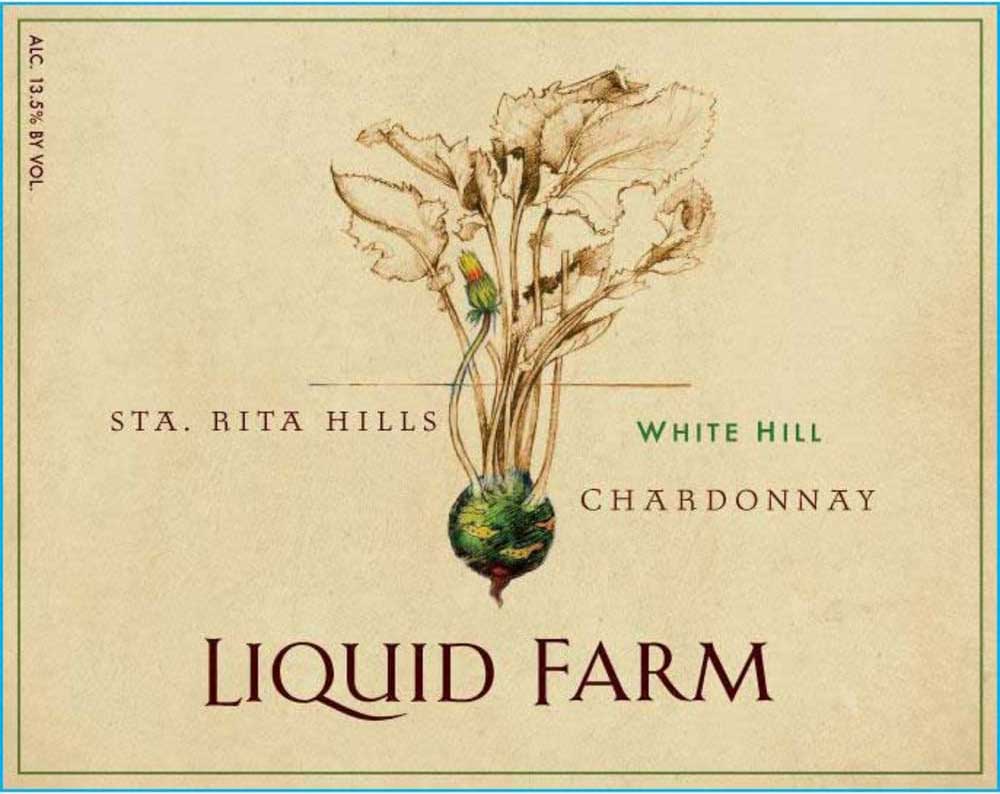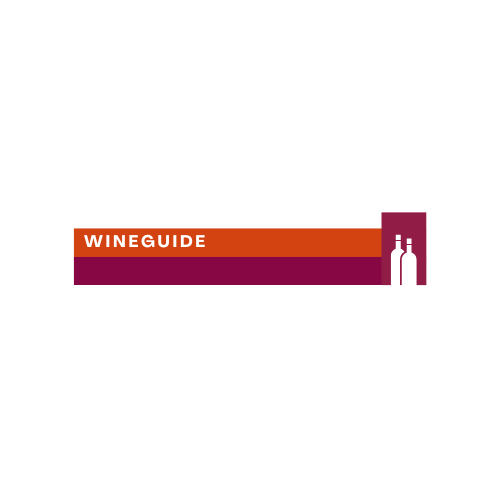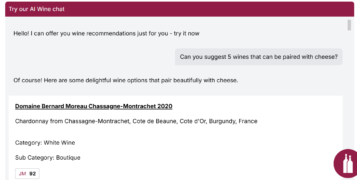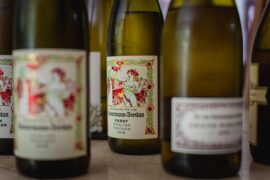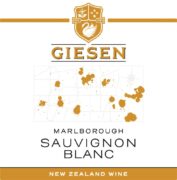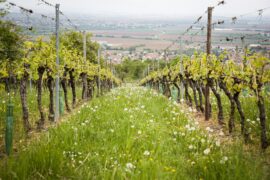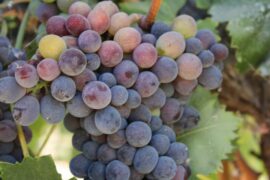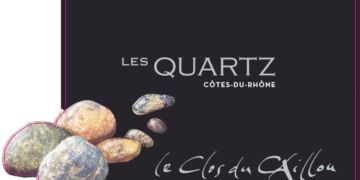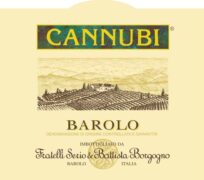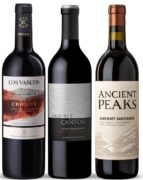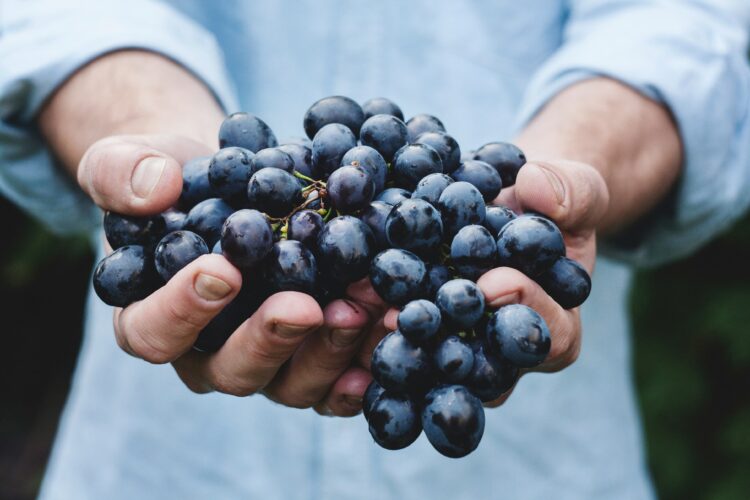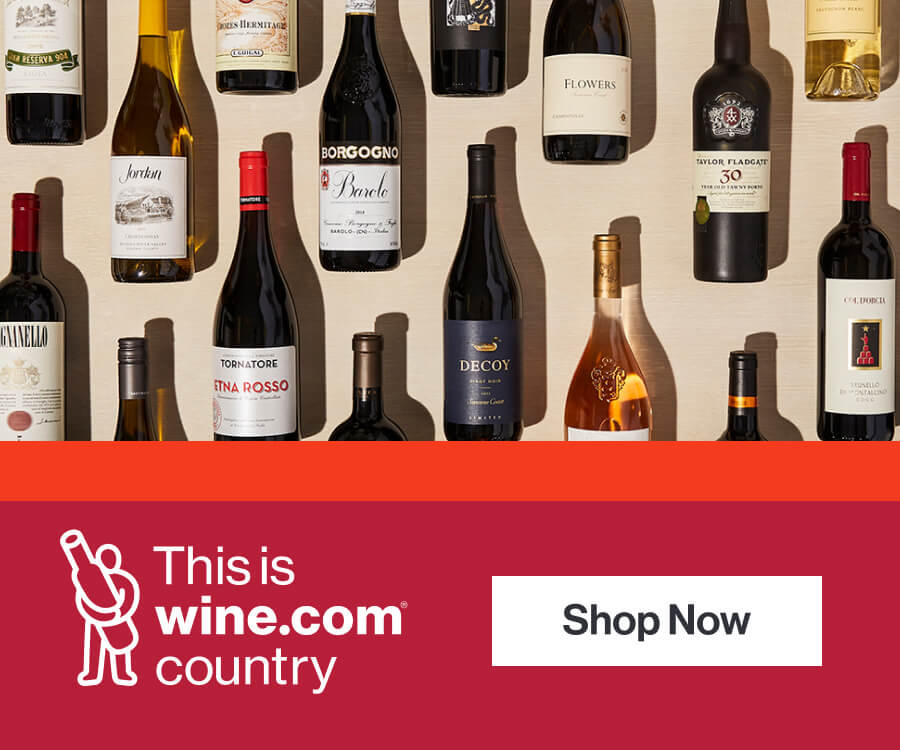Top experts from the wine industry and Harvard University gathered for “Vine to Mind,” a groundbreaking conference that brought data science into the world of wine. The event, marking the fifth anniversary of the Harvard Data Science Review (HDSR), aimed to apply data analysis to better understand the complexities of wine.
“We chose to celebrate our fifth anniversary with a wine theme because wine is incredibly challenging to study scientifically due to its vast variations,” said Xiao-li Meng, a Harvard professor, avid wine enthusiast, and founding editor-in-chief of HDSR. “Wine involves a unique blend of science, technology, art, history, and culture,” Meng added.
The event was co-organized by Meng and Don St Pierre of the analytics firm AdaptEdge. HDSR, a respected academic journal, focuses on defining and shaping data science as a rigorous and multidisciplinary field. The conference attracted leading figures in wine, data science, AI, and economics from across the globe to address the challenges facing the wine industry.
Meng’s vision for the event was to bridge the wine industry with data science, enabling the industry to adapt to new climates, consumer behaviors, and other challenges. “As a statistician and data scientist, I’m interested in problem-solving and discovering new methodologies unique to wine,” Meng explained.
Climate Data and the Future of Wine
While data alone cannot solve the wine industry’s climate change challenges, it can help winemakers adapt more effectively to rapidly changing environments. Elizabeth Wolkovich from the University of British Columbia presented eye-opening climate data in her talk, “The Problem of Terroir in the Anthropocene.” She argued that terroir—a concept combining conditions, regional customs, and environmental factors like soil and climate—is fluid and constantly evolving.
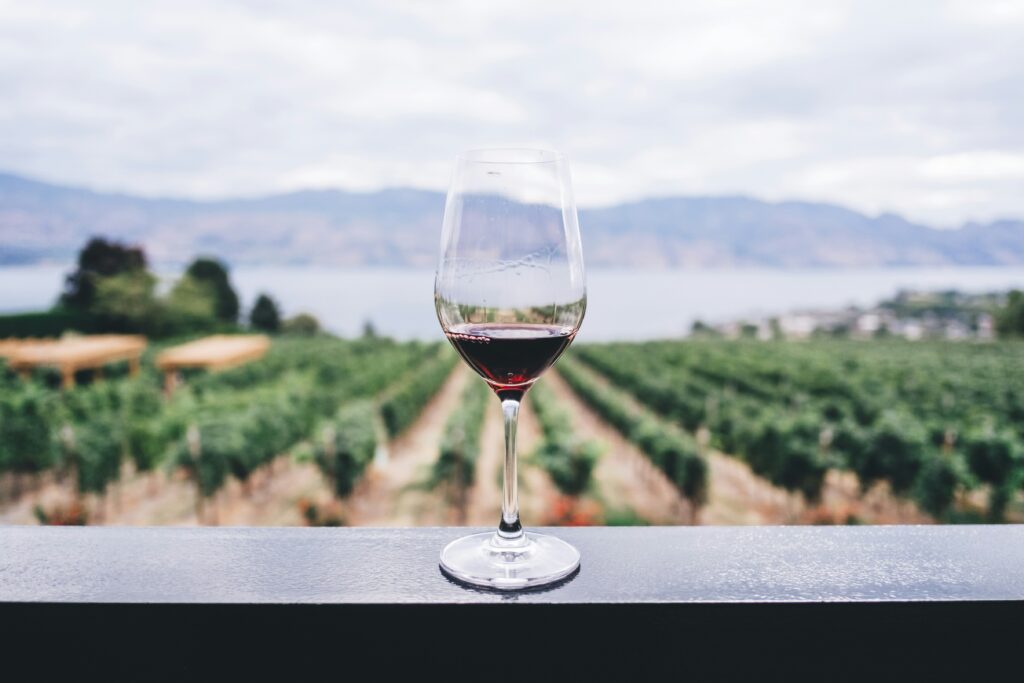
Wolkovich noted that while the soils and geography of classic wine regions have remained stable over millennia, the climate has changed drastically in the past 40 years. This shift has altered the terroir of regions like Bordeaux, which will continue to evolve in the coming decades.
Wolkovich highlighted that European wine regions are leading the way in adapting to these changes through variety diversity and adaptation. She emphasized the importance of selecting grape varieties that can ripen under new climate conditions and withstand climate hazards like frost, hail, and wildfires.
Decoding Wine Reviews with Data
Jing Cao, a professor of statistics at Southern Methodist University, shared her team’s research on using AI and machine learning (ML) to analyze wine reviews. They scraped a decade’s worth of data from Wine Spectator reviews, focusing on how language in reviews differs for wines rated above and below 90 points.
Their findings revealed that AI could accurately classify wines based on the sentiment expressed in reviews. Wines scoring above 90 points often featured romantic and sentimental language, while those scoring lower were described in more neutral terms. However, the polite nature of wine review language presented challenges, as reviewers often hesitate to directly criticize wines.
Cao’s research suggests that understanding wine reviews may require human insight into the reviewers’ preferences and biases, rather than relying solely on AI.
Consumer Data Analytics and AI
Cathy Huyghe, co-founder and CEO of Enolytics and a Harvard alum, discussed how wineries can use data analytics to navigate changing consumer demographics. As younger generations become more selective in their drinking habits, data-driven wineries are seeing significant market share growth compared to those that do not utilize data.
Huyghe pointed out that wineries leveraging data analytics are experiencing sales increases of 5-6%, with some seeing up to 17% growth, compared to an industry average of -2% for those not using data.
Jeffrey Meisel of Constellation Brands and Troy Rice, CEO of Total Wine, shared how their companies use consumer data and AI to improve marketing strategies. By focusing on customer loyalty and personalized interactions, they are able to retain repeat business and grow their brands in a competitive marketplace.
Meisel emphasized that proper data collection and analysis are crucial for wine brands looking to succeed in an ever-changing market.



